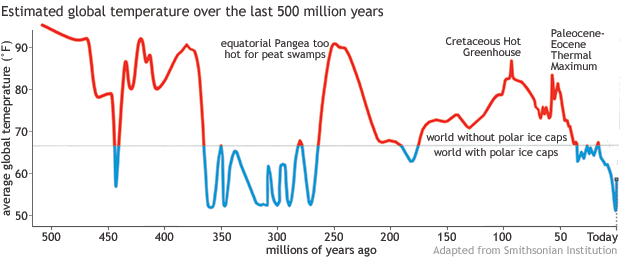Climate Change, Planetary Health and the Deep Significance of the Anthropocene
Written by Joseph Moore
Preventing global climate change is currently the main item on our collective environmental agenda. I am certainly convinced of the need to reduce carbon emissions, restore carbon-sequestering ecosystems, generate renewable energy and develop more sustainable economic practices. Yet as I reflect on the nature of life and the history of the planet, it seems to me that mitigating or hopefully even undoing anthropogenic climate change is but a first step, an emergency measure in an environmental triage. If we do manage to stabilise the global climate, we will then face questions and issues of even longer-term environmental ethics and policy. Specifically, we will know how to push the global climate in any direction, towards higher or lower average temperatures and levels of atmospheric carbon, and with that knowledge and ability comes responsibility. Deciding how best to use this knowledge will require deciding how we want to relate to other forms of life, to the planet and to its ecosystems—or so I will suggest.Read More »Climate Change, Planetary Health and the Deep Significance of the Anthropocene

